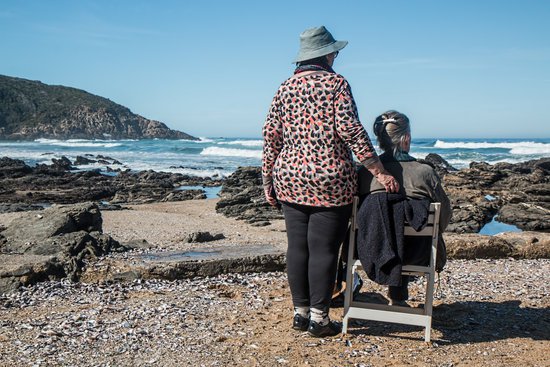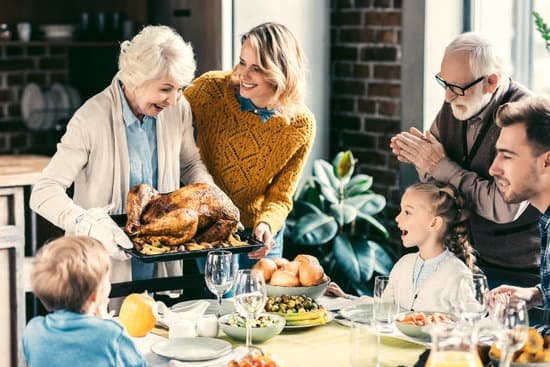Written by Beth Gilley – Regional Director (Washington Metro) – Lytle EAP, an AllOne Health Company
As families reunite during the Holiday season and reconnect with friends and relatives, it’s a good opportunity to reassess elderly relative’s level of functioning and safety. Most seniors like to remain independent as long as possible and you can help make that possible with some basic observation skills and modifications of the environment. As we age, our senses are not as acute causing diminished functioning in some areas that can lead to falls, accidents and medical crisis.
It can be a difficult conversation but begin with observation of the elderly relative in their environment. Look for some of the following;
- Is the environment free of clutter in the walking areas?
- Is the home in good repair; is there plenty of light and handrails on the stairs?
- Can your relative take care of their own activities of daily living ie: bathing, dressing, and feeding?
- Are medications managed and taken properly?
- Are they receiving regular medical care from a primary care physician?
- Has their eyesight been checked recently?
- Are they driving and is this still safe?
- Have you noticed piles of mail on the dining room or kitchen table/unpaid bills?
- Can they prepare their own meals and are they staying properly hydrated and nourished?
- Do they have social outlets and connections?
As you observe and identify potential safety issues, offer to help fix the problem and obtain any assistive devices that improve safety. There are many assistive devices and equipment for the bathroom and kitchen that can support independent living and minimize the risk of accidents and falls.
In addition to physical safety, it’s a good time to evaluate the emotional well-being of senior relatives. The holiday season can be a time of sadness and depression for the elderly. The National Institute of Mental Health estimates that 65 million seniors suffer from late in life depression that can be exacerbated during this time of year.
Many of the changes that occur as one ages can trigger depression in the elderly including; change in living arrangements, physical limitations, health problems, retirement, financial constraints, geographic isolation from family and death of loved ones. In addition, older adults have relinquished their head of the household role to the younger generation and function as a guest instead of hosting holiday functions.
Depression can be debilitating and lead to other health problems. Signs of depression in the elderly may include:
- Unwilling to get out of bed and get dressed
- Loss of the will to live
- Demonstrate little interest in themselves or others
- Decline in care for personal hygiene
- Loss of appetite
- Change in sleep patterns
- Social withdrawal
- Inability to concentrate
- Excessive worry and anxiety
If you observe any of the above signs, assist your elder relative in contacting their family physician for an evaluation. Many of the signs and symptoms of depression may also be signs of other medical problems.
In addition, you can help by including the elder relative in some of the planning and discussions about the holidays. Seek their advice and wisdom while enlisting their help in keeping family traditions while starting new traditions. Keep them informed about family members and take them out whenever possible. Acknowledge missing loved ones during the holiday by sharing favorite memories and toasting them before the meal. Talking about lost loved ones often provides a sense of comfort and acknowledgement that they have not been forgotten.
With all the frenzied activity during the holiday season it is easy to overlook the needs of the elderly. Keep them actively involved during the holidays demonstrating to them that they remain a vital part of the family.



